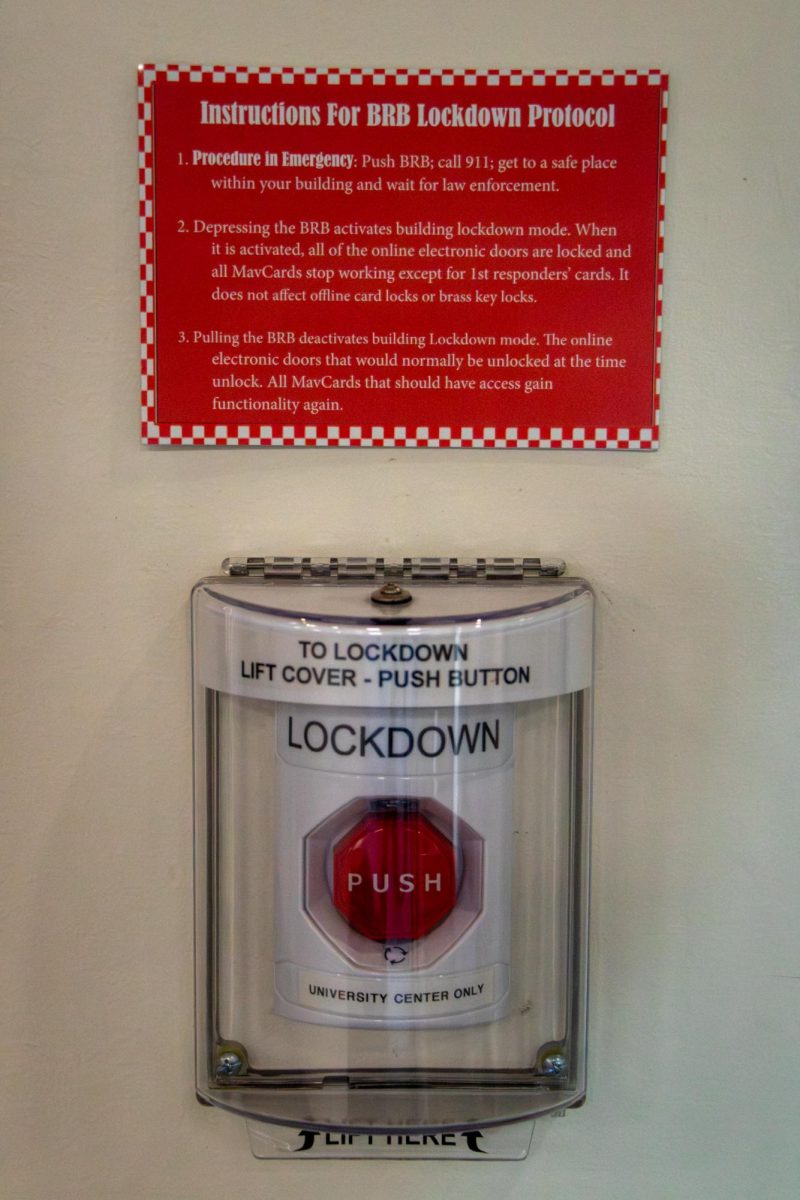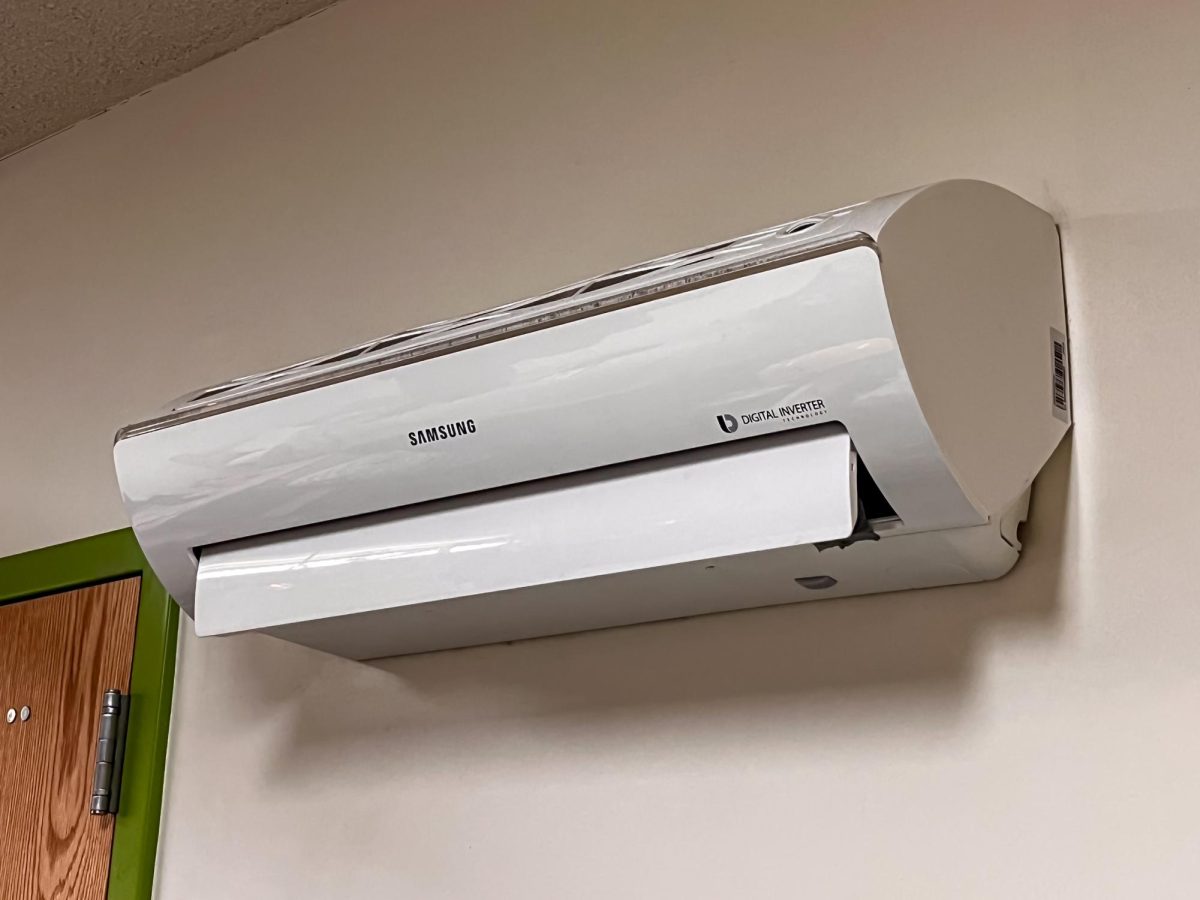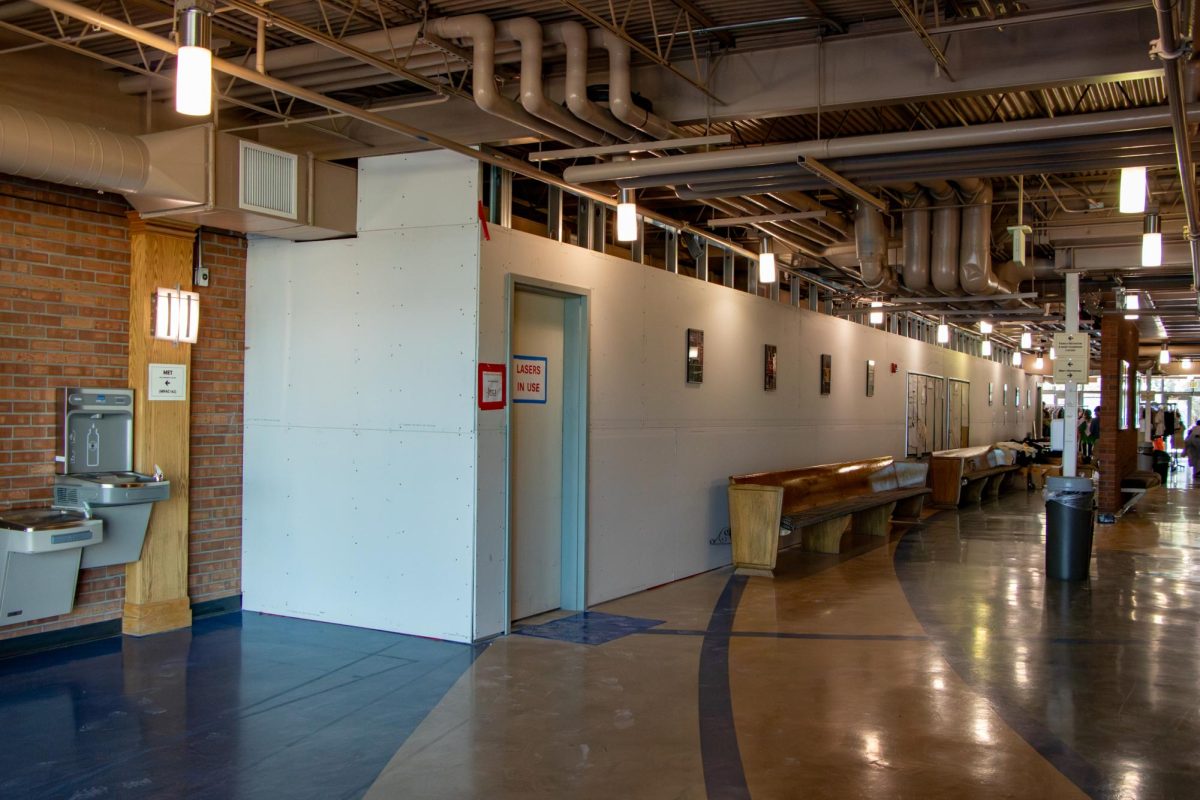College students often bear the stereotype of being broke.
University is expensive and added on to that cost is food, basic necessities and living spaces. Students on and off campus alike pay exceptional amounts of money for living in general and generally cannot spend money on things they may enjoy. According to an article from ValuePenguin, an average in-state student in Colorado pays $10,800 per year and an out of state student pays $30,600 per year. This statistic does not include room and board.
According to Zip Recruiter, the average college student in Colorado makes about $20,199 per year. When factoring in living expenses along with school expenses, the average college student is left with around $2,000 per year. Also considering surprise expenses such as car parts, gas, computer fixes and medical bills, this leaves people without much cushion.
Colorado Mesa University’s (CMU) Deputy Director of Financial Aid Curt Martin stated that he sees many students who suffer from budgeting issues and he feels strongly about helping them. Martin suggests starting with writing down all expenses and income and creating a budget based on that.
“When we do your financial aid award letter, we have a sample budget of what we think it should cost you and certain parameters on that. Take a look at that when you do your spending sheet. [Think about what] you could live without or put off. I probably spent too much on coffee, but I actually believe it or not, I budget that too. I put it on a gift card and that’s all I get for the month for coffee,” Martin said.
Tracking spending is a great way to see what you spend each month and determine which expenses are absolutely necessary and which can be put off or cut completely according to Martin. Another way to save money is to apply for as many scholarships as possible. CMU has an app in MavZone called Scholarship Application that allows students to apply to foundational and general scholarships this year.
Martin recommends filling out as many scholarships as possible and using resources on campus to double check personal statements. Many students with great grades may miss opportunities if their writing is not up to par. Scholarship essays and student participation in the school and community is what sets applications apart to the sponsors.
Another option for students is loans. Martin noted that many students who take loans do not understand the financial implications and suggests that students talk to a financial counselor about what loans to accept and how much students should borrow. Credit scores are very important and many people receive bad credit early on because of loan misunderstandings.
Integrated Resources and Information Services (IRIS) Advisor Brad Krebill discussed how a credit card may help build credit for students. Krebill recommended getting a credit card from a store in the mall or one made specifically for students.
“Never pay a dime in interest on a credit card. If you’re paying interest on a credit card, that means you’ve spent too much. When you get one, make sure you’re only putting what you can pay off at the end of each month on the card. If you can’t, then don’t buy it, use a debit card, use cash or use some other method of paying for it,” Krebill said.
While credit can help you in future endeavors, CMU students should not be relying on credit cards and loans to pay for current bills according to Krebill. A budget for a student can be tricky, but experts such as Martin and Krebill are always available to students who need advice.
Lowell Heiny Hall houses IRIS and financial aid and each set of advisors takes appointments.







